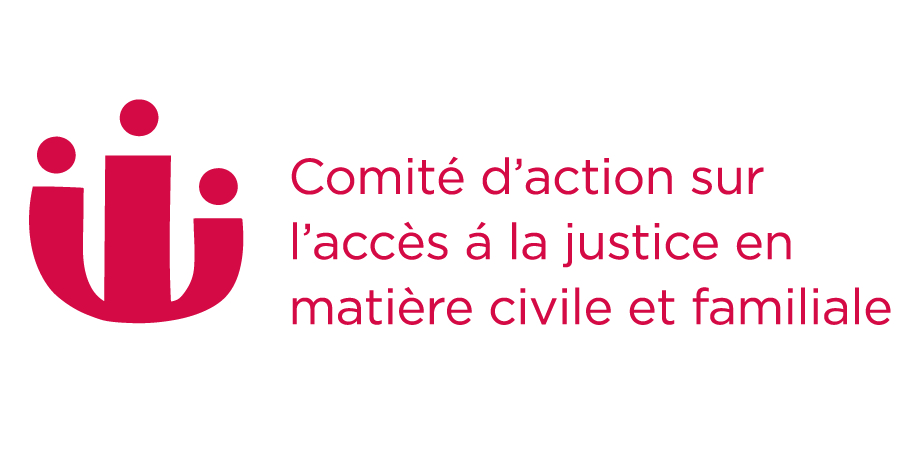Inventory of Reforms
BC Small Claims Court Settlement Conference (Rule 7)
Year:
1993
Description:
Small Claims Court Rule of Court introducing mandatory settlement/trial conferences.
Status:
Permanent implementation
Jurisdiction:
British Columbia
Court:
Small Claims Court
Timeline:
1993: Rule 7 came into effect
Publications:
Small Claims Rules, B.C. Reg. 261/93.
Online Help Guide
Small Claims Procedure, Law Students’ Legal Advice Manual (Victoria: Law Students’ Legal Advice Program, 2008). [Small Claims]
Purpose:
The purpose of a Settlement Conference is to encourage the litigants to settle the lawsuit and avoid the time and cost of a trial.
Description of Reforms:
Settlement conferences are mandatory in all non-pilot project registries, for all cases except motor vehicle accident cases in which only liability for property damage is disputed (Rule 7(2))…
Typically, a settlement/trial conference is scheduled for half an hour before a judge in a conference room at the courthouse. The judge at the settlement/trial conference will not be the judge at trial, if a trial is necessary.
At the settlement/trial conference, the parties will sit at a table with a judge. The judge will say a few words and ask each party to give a brief summary of their case. The judge may then lead both the claimant and defendant into a discussion on what, if anything, the parties can agree on. If the parties agree on the final result, the judge will make the order. However, the parties may agree on some issues and leave issues in dispute to be resolved at trial. The judge will assess how much time is required for trial (Small Claims at 28-29).
- All parties, with or without legal representation, must attend the settlement conference (r. 7(4)).
- Each party must bring all relevant documents and reports to a settlement conference (r. 7(5)), whether the party intends to use them at trial or not.
- The judge has wide powers to: mediate any disputed issues; decide on any issues that do not require evidence; make a payment order or other appropriate order in the terms agreed to by the parties; set a trial date, if necessary; discuss evidence requirements and trial procedures if a trial is necessary; order production of documents; dismiss a claim, counterclaim, reply, or third party notice if it is determined to be without reasonable grounds, or it discloses no triable issue, or it is frivolous or an abuse of the court’s process (r. 7(14)).
Revision History:
This summary was last reviewed in May 27, 2013



